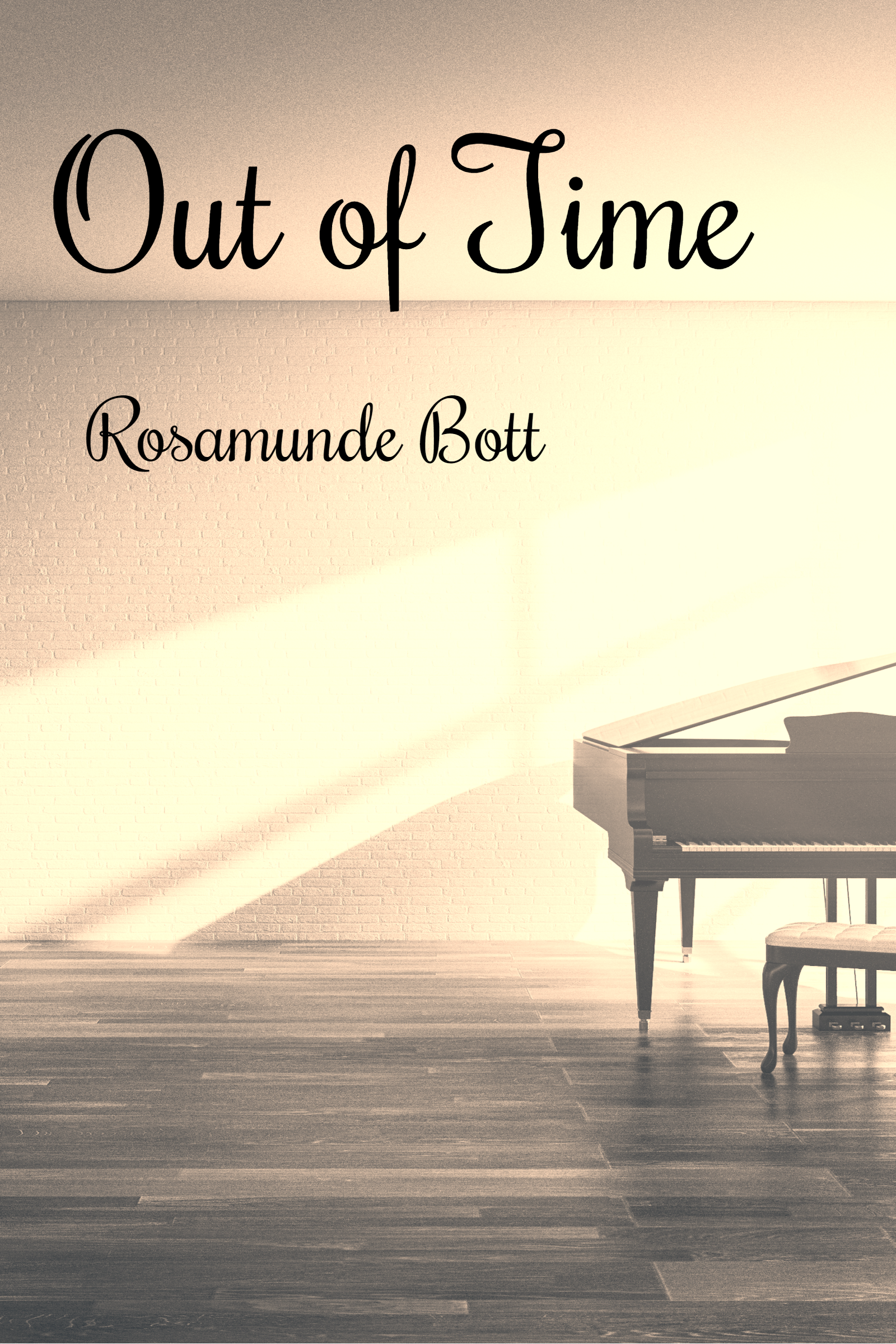When I was at school you were told off for daydreaming. To be caught staring out of the  window during a lesson may well have resulted in a stern warning about not paying attention, or even laziness. In fact, the practice of daydreaming has been seriously misunderstood, and perhaps still is to a large extent.
window during a lesson may well have resulted in a stern warning about not paying attention, or even laziness. In fact, the practice of daydreaming has been seriously misunderstood, and perhaps still is to a large extent.
Research suggests that daydreaming can be essential for creative problem-solving. The seemingly distracted state of mind, which may look (to stern teachers, bosses or parents) as if the person is not applying themselves to the issue at hand, may in fact be an essential part of the ability to work out an issue. A recent study at Wisconsin University, showed that people whose mind wandered during a task had higher degrees of working memory.
Contrary to how most of us tend to approach problem-solving, we are more likely to come up with an idea or solve an issue when we are not actively thinking about that problem. Our brains are incredibly complex, and do not stop working even if we do not feel like we are thinking of anything much. In a similar way to when we are meditating or sleeping, our subconscious mind is still working away, and can be far more effective in bringing us wise insights, solutions to problems or creative ideas, than when we actively try to work on a problem.
This is good news for all creative people!
Contrary to how most of us tend to approach problem-solving, we are more likely to come up with an idea or solve an issue when we are not actively thinking about that problem
If you were to look in on me during one of my writing sessions, you might find that, rather than typing away on my keyboard, I am leaning back and staring out of the window. It may well look as though I am taking a break but, for me, those moments are when I do most of my work. The typing is just a way of getting the ideas that come onto the page.
But even if I am not working up an idea, or working out where my next scene should take place; even if I am thinking about something completely different, or just watching the dogs racing about on the green opposite my house (a very happy distraction!), or just staring into space thinking of nothing in particular, the act of giving the rational brain a brief holiday is extremely useful.
If we work the analytical, decision-making part of the brain too hard, without breaks, it is more likely to get tired and make mistakes, or leave us bereft of any ideas at all. If we regularly switch over to the empathetic, visionary part of our brain, it gives the brain a chance to pick up on random bits of information, or memories and dreams, and so feed the other part of the brain. In this way, the two parts of the brain are allowed to continually feed each other.
So, be a daydream believer! Don’t drive your analytical brain so hard. Give it a rest, and allow your creative, intuitive brain take over now and then.


 window during a lesson may well have resulted in a stern warning about not paying attention, or even laziness. In fact, the practice of daydreaming has been seriously misunderstood, and perhaps still is to a large extent.
window during a lesson may well have resulted in a stern warning about not paying attention, or even laziness. In fact, the practice of daydreaming has been seriously misunderstood, and perhaps still is to a large extent.